Dr Gloria Khamkar from the Faculty of Media and Communication recently conducted a Citizen Journalism workshop in Mumbai, India with the BU Charity Impact funding. Through this funding, Dr Gloria has initiated a collaboration with an Indian charity ‘Committed Action for Relief and Education’ (CARE); CARE’s mission is to bring people, their ideas and knowledge together and provide a platform especially to the underprivileged communities.
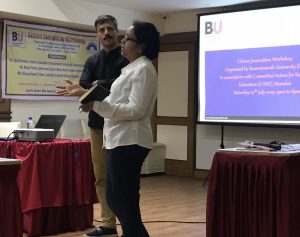
The aim of the workshop was to introduce the budding Social Workers to the basics of citizen journalism for widening community involvement and audience engagement. It is particularly relevant and important in the current changing face of Indian mainstream media, which seems to be occupied covering politics and other topics, than addressing grassroots issues of the ordinary citizens of India.
Total 20 Social Work students and para-professionals participated in the workshop, despite the heavy rains in Mumbai on the day. Dr Gloria Khamkar, the guest speaker & senior journalist Mr Mandar Phanse, and Mr Shrinivas Sawant from CARE contributed in the workshop. After informative sessions, the participants co-created and co-produced citizen journalism audio-visual stories. 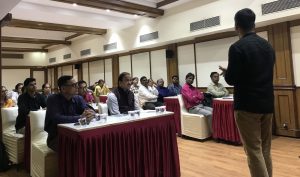
At the end of the workshop, the participants gave feedback on the workshop; they mentioned that they felt confident and would like to explore more about the Citizen Journalism platform. The feedback-evaluation of the workshop done by the participants also demonstrated the continuous need for such educational and professional training activities.
Mr Shrinivas Sawant from CARE expressed a gratitude saying that the students have benefitted immensely out of this workshop. CARE would like to continue this association with Bournemouth University.
This workshop, which was organised through the BU Charity Impact funding, has enabled Dr Gloria in establishing a collaboration with the Indian charity CARE on a long-term basis.

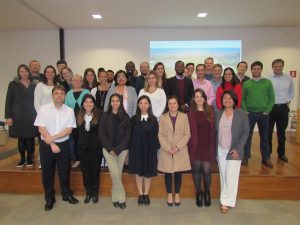
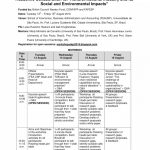
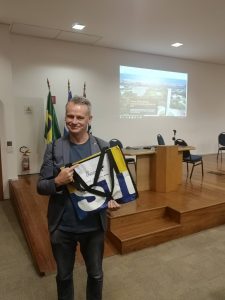


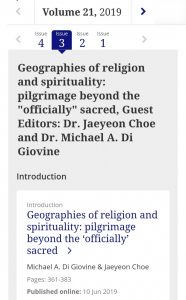
 The second wave of UK Research and Innovation’s (UKRI) Fund for International Collaboration (FIC) has been announced on Friday 9 August 2019. The Fund for International Collaboration aims to enhance the UK’s excellence in research and innovation through global engagement, forging new bilateral and multilateral research and innovation programmes with global partners.
The second wave of UK Research and Innovation’s (UKRI) Fund for International Collaboration (FIC) has been announced on Friday 9 August 2019. The Fund for International Collaboration aims to enhance the UK’s excellence in research and innovation through global engagement, forging new bilateral and multilateral research and innovation programmes with global partners. Announcement also contains summaries of the FIC Wave 1 projects funded through the UKRI-JSPS call.
Announcement also contains summaries of the FIC Wave 1 projects funded through the UKRI-JSPS call.
 At Bournemouth University we collaborate with global institutions and organisations through our education, research and practice.
At Bournemouth University we collaborate with global institutions and organisations through our education, research and practice.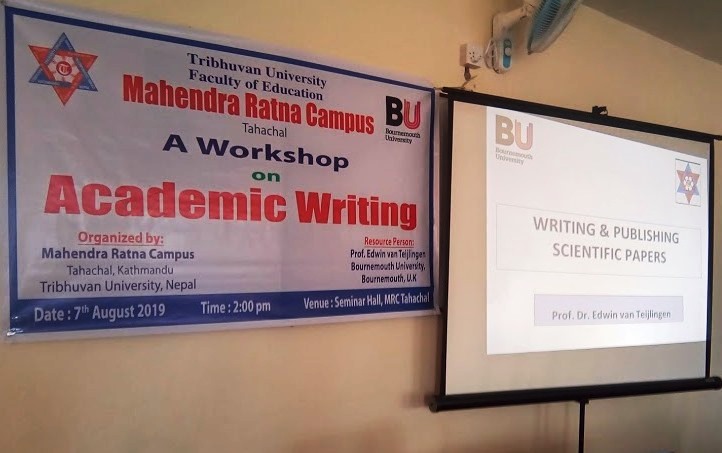

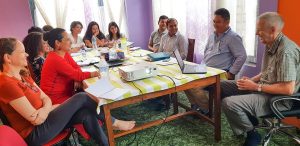
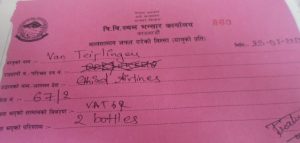
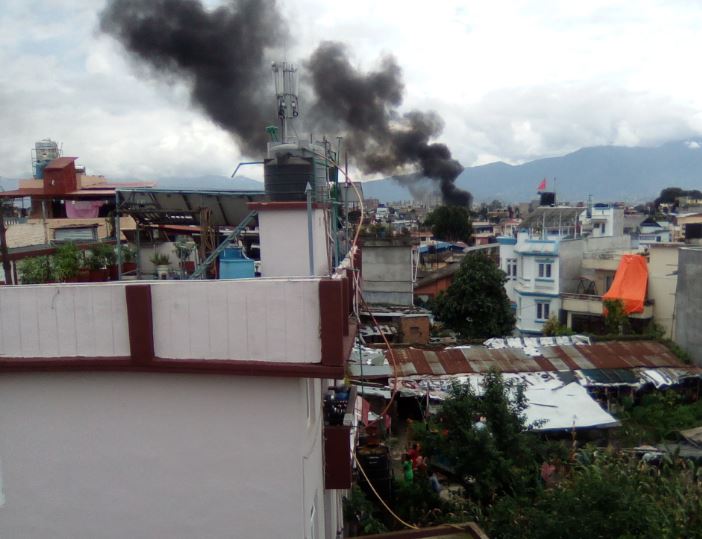
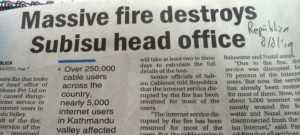
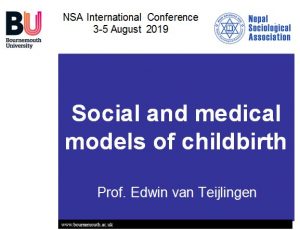
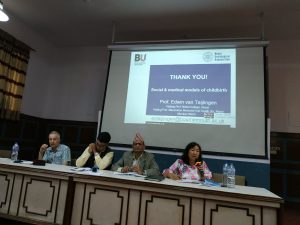
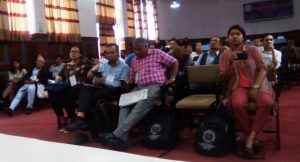
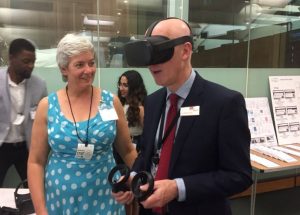
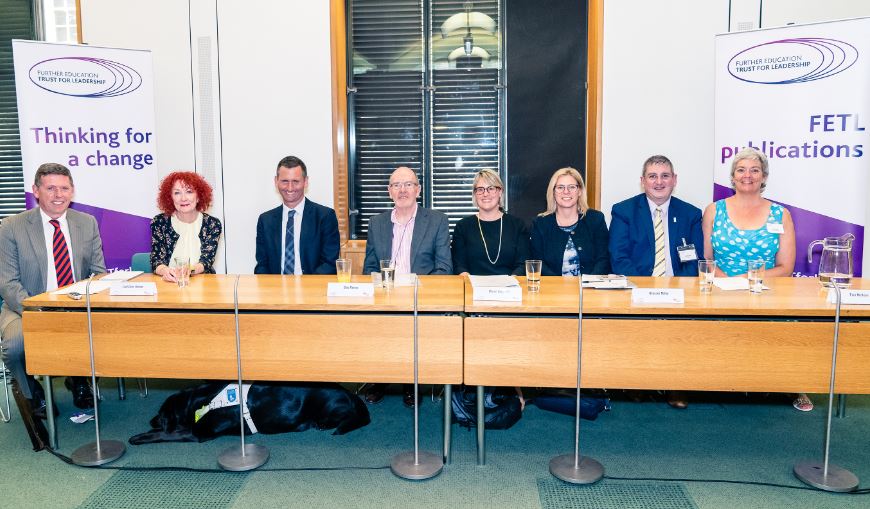
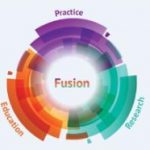
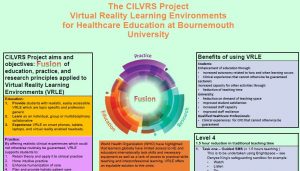
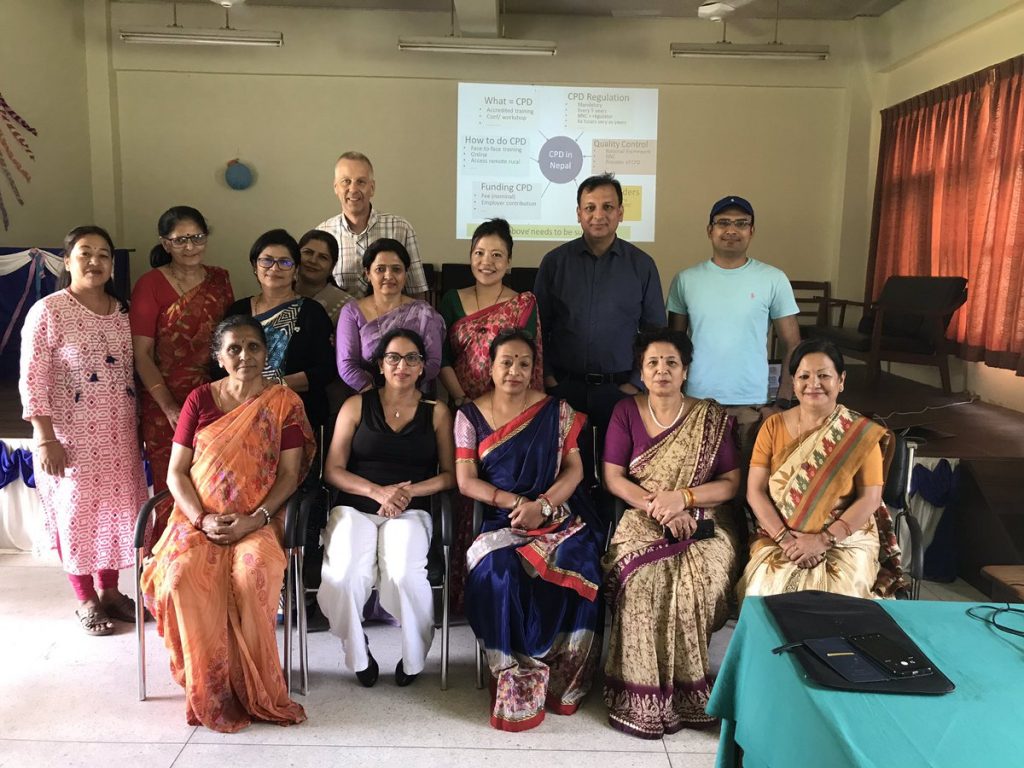
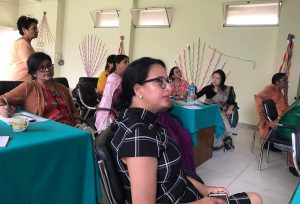



 The British Academy has opened
The British Academy has opened 
 RDS is currently working with cross-disciplinary group of BU academics to develop a proposal. If you are interested either to join the existing group or willing to lead/create a new group, please contact Research Facilitator Ainar Blaudums for further details by the middle of August.
RDS is currently working with cross-disciplinary group of BU academics to develop a proposal. If you are interested either to join the existing group or willing to lead/create a new group, please contact Research Facilitator Ainar Blaudums for further details by the middle of August.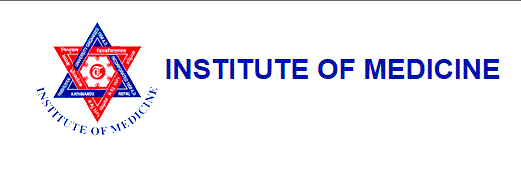
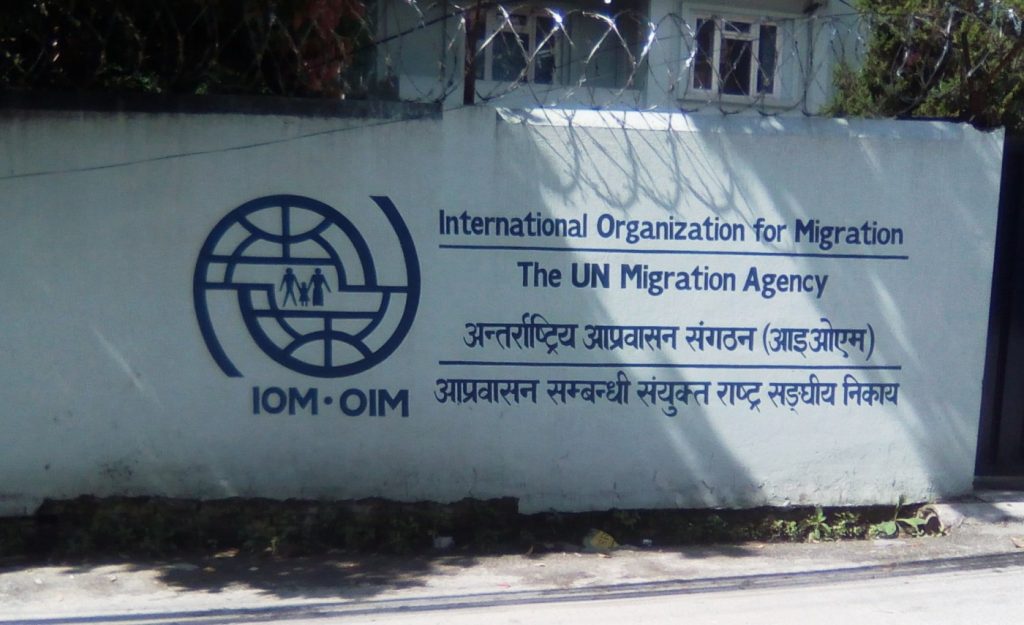

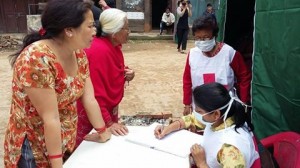
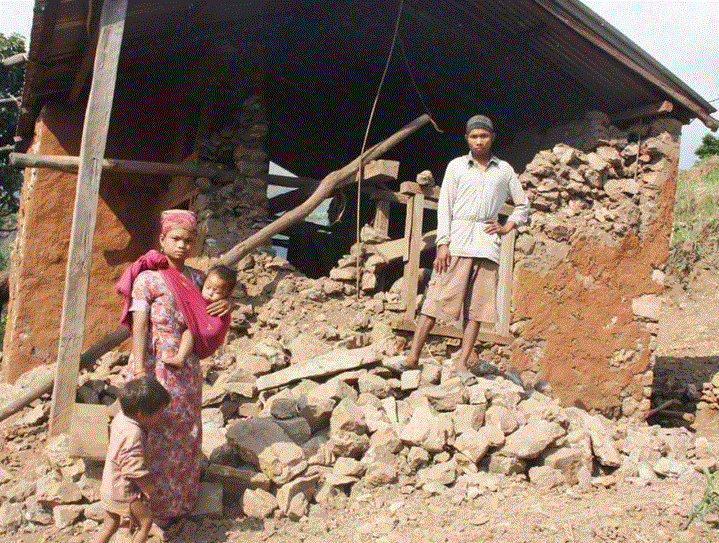
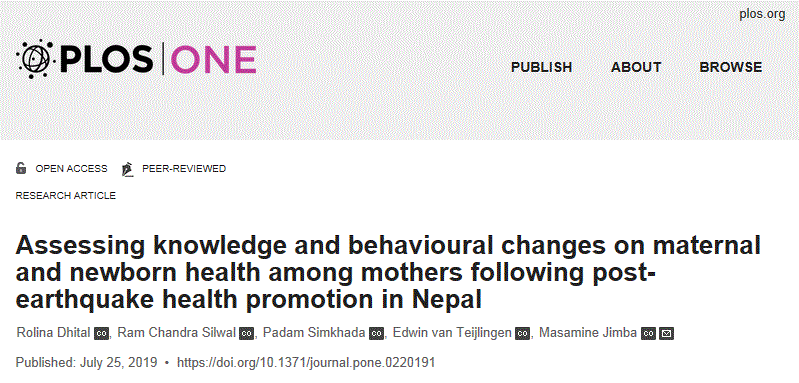











 Read and sign up to BU’s Policy Influence Digest
Read and sign up to BU’s Policy Influence Digest Upcoming opportunities for PGRs – collaborate externally
Upcoming opportunities for PGRs – collaborate externally BU involved in new MRF dissemination grant
BU involved in new MRF dissemination grant New COVID-19 publication
New COVID-19 publication MSCA Postdoctoral Fellowships 2024
MSCA Postdoctoral Fellowships 2024 Horizon Europe News – December 2023
Horizon Europe News – December 2023